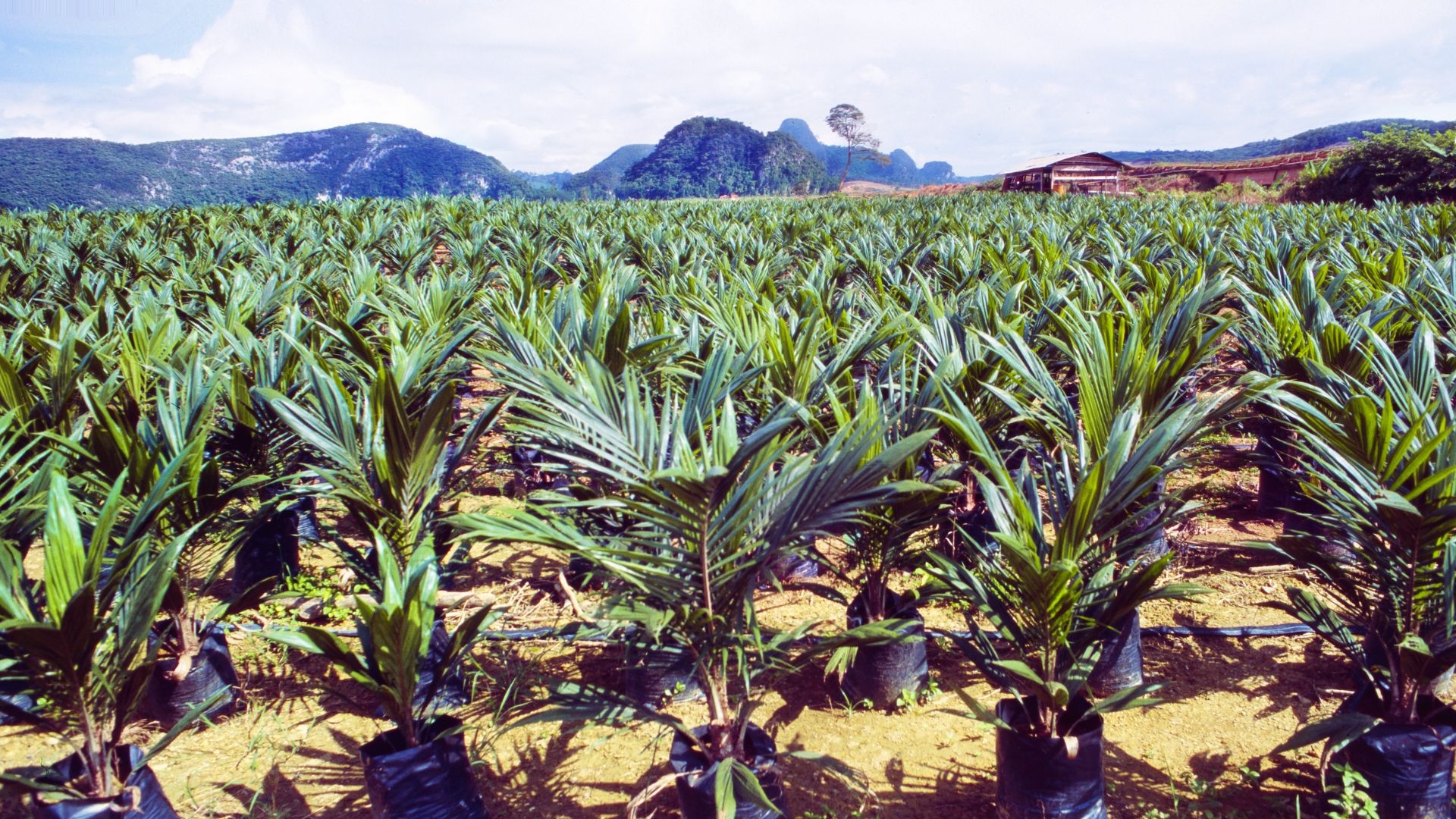RSPO (Roundtable on Sustainable Palm Oil) is an internationally recognized certification that promotes a sustainable management model for palm oil production and assures consumers that the product has been produced in accordance with established sustainability principles.
It is a global organization, composed of producers of the mentioned oil, processing companies, consumer goods manufacturers, non-governmental organizations, and others involved in the value chain. The RSPO standard has as its main category the Traceability and Chain of Custody (SCC) standard.
SCC: The SCC standard, in turn, focuses on traceability and chain of custody of palm products. It aims to ensure that products containing palm oil come from certified and sustainable sources. Through traceability, it is possible to track the origin of products from certified palm plantations to end consumers, ensuring transparency and reliability of products in the market.
What is QIMA's role in the RSPO market?
QIMA acts as a reliable certifier in the RSPO market, ensuring that the actors in the palm oil chain of custody meet the established sustainability criteria and contribute to a more responsible and environmentally conscious industry.
With a solid reputation in the organic market, QIMA stands out as one of the few companies to offer the RSPO SCC certificate. In addition, it provides extensive support to customers at all stages, from application and audit cycles, to analysis, maintenance, and continuous monitoring. It not only verifies the correct use and display of accreditation body certificates and compliance marks on product labels, but also on communication materials, such as: websites, advertisements, brochures, business cards, among other informative dissemination means.
What are the criteria to obtain RSPO?
Certification is based on observing each step in the supply chain. During the audit, before certification, experts analyze policies and operational processes to establish compliance with RSPO principles and criteria:
Compliance with local and international laws and regulations.
Proven commitment to long-term economic and financial variability.
Commitment to continuous improvement.
To obtain the certificate, it is necessary to follow a certification process, access the step by step:
Need more information?
By contacting QIMA you agree to our privacy policy and terms and conditions.
Why RSPO certification?
By certifying operations according to RSPO standards, producers, processors, traders, manufacturers, retailers, investors, and organizations gain a competitive advantage in the market, as they provide consumers with proof of their understanding and acceptance of the standard, and their compliance with sustainable production and supply factors.
The main advantages of having an RSPO certificate are:
Improved livelihoods
Enhanced management practices
Increased yield and market access
Strengthened partnerships
Protection of workers' rights and increased productivity
Reduction in workplace accidents
Reduction of greenhouse gas emissions
Better waste management
Enhanced compliance with regulatory requirements
Market confidence
Additionally, QIMA's RSPO SCC certification brings global recognition of RSPO standards, adding an extra layer of credibility to the sustainable practices of certified clients. This international recognition supports their actions, validating their compliance with established criteria. Thus, everyone in the supply chain stands out as leaders in the palm oil sector, demonstrating a commitment to promoting sustainability and inspiring other chain members to adopt similar practices. By acquiring QIMA's RSPO SCC certification, clients not only meet a stringent set of criteria, but also become part of a global network of organizations committed to building a more sustainable future.
Why choose QIMA for RSPO certification?
Efficient communication and service
Agile and responsive technical support at all stages.
Transparent certification process and compliance with deadlines.
Proven service quality, with NPS satisfaction metric of 72 points.
Cost and time optimization
Integrated audits that minimize the number of visits and costs.
Simplified processes that reduce impacts on operation.
Strategic and efficient allocation of auditors.
Industry leadership
Pioneering company with over 30 years of experience in food safety, organic certification, and sustainability.
Complete certification ecosystem, from field to table.
Advanced technology for compliance monitoring.
